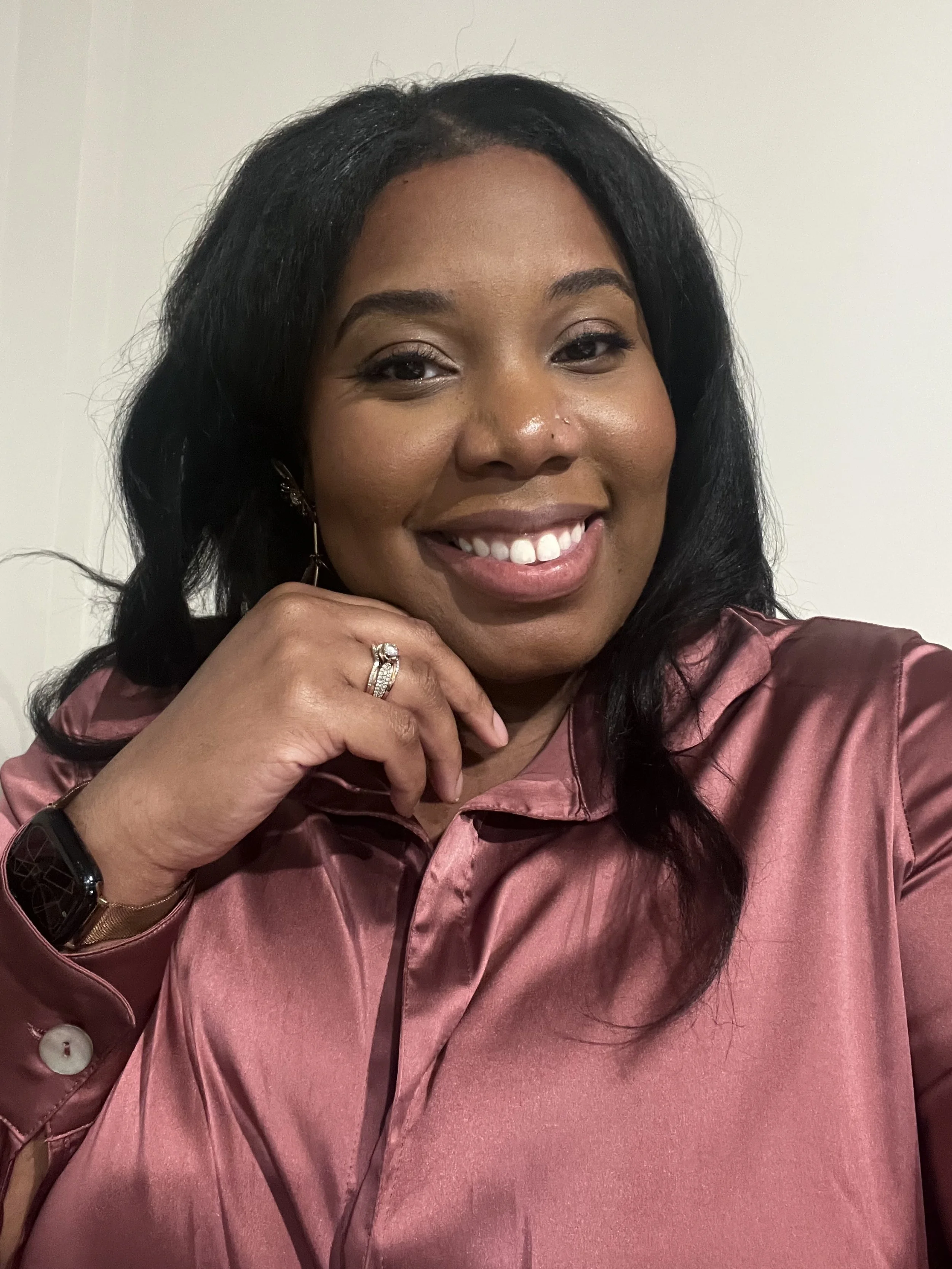
Embracing Grace
Becoming Gentle With Yourself
Release the pressure to perform, embrace your worth, and learn to meet yourself with compassion.
For the Women Who…
-
Your mind rarely rests. You replay conversations, overanalyze decisions, and carry the quiet fear that you’ve missed something or fallen short — even when no one else notices. Even when you’re accomplishing more than most, you still feel like you’re falling behind — because the finish line keeps moving.
-
Even when your body needs rest, your mind won’t pause. A quiet voice whispers, ‘You should be doing more.’ Slowing down feels unsafe, like you’re falling behind.
-
You celebrate other people’s wins but quietly wonder, “When will it be my turn?” No matter what you accomplish, it rarely feels like enough to silence the inner critic.
-
People lean on you for support, assuming you have it all together. Inside, you wish someone would see how heavy it feels to hold it all without letting anything drop.
-
You crave peace — the kind that comes from being valued for who you are, not what you do. You want to quiet the inner pressure and finally breathe
How This Often Shows Up
Holding yourself to impossible standards
Downplaying your accomplishments
Struggling to accept compliments
Feeling guilty for saying “no”
Pushing through exhaustion
Talking to yourself in ways you’d never speak to a friend
Believing you need to earn rest, love, or acceptance
Comparing yourself constantly to others
Over explaining your choices
Hiding your struggles
Avoiding risks or new opportunities
Feeling like your worth is measured by productivity
Feeling like joy has to be earned
Shrinking your faith to fit others’ expectations
If self-compassion feels hard, you’re not failing. It’s a practice, you just haven’t had the tools yet.
Let’s start building those tools together.
Why Self-Compassion Matters
Olivia Ruffin, MS, NCC, LPC
“Change doesn’t have to wait. You’ve done enough pushing through on your own — now it’s time to learn a new way forward. Therapy can help you get there.”
What I specialize in
-
You lie awake at night replaying the day, imagining worst-case scenarios, or worrying if you’ve let someone down. Even when you’re exhausted, your brain won’t switch off. Sometimes your body feels like it’s buzzing with nerves, other times it completely shuts down. Learn more
-
Change, even when it’s positive, can feel overwhelming. Starting college, stepping into a new career, becoming a parent, or navigating loss can all stir up worry, self-doubt, and a sense of being unsteady. Learn More
-
Self-compassion might sound like a fluffy buzzword, but it’s far from it. Despite what you may think, it’s actually the key to your calm. It’s the shift that helps you quiet the inner critic, stop measuring your worth by what you achieve, and finally treat yourself with the same care you show everyone else. Self-compassion isn’t about lowering your standards—it’s about finding peace within yourself so you don’t burn out trying to prove you’re enough. Learn More
-
Healthy relationships aren’t just about avoiding conflict—they’re about feeling safe, valued, and truly seen. It means learning to set boundaries without guilt, speak your needs with confidence, and build connections that feel supportive instead of draining. When you start honoring yourself, your relationships naturally grow stronger and more balanced. Learn More




